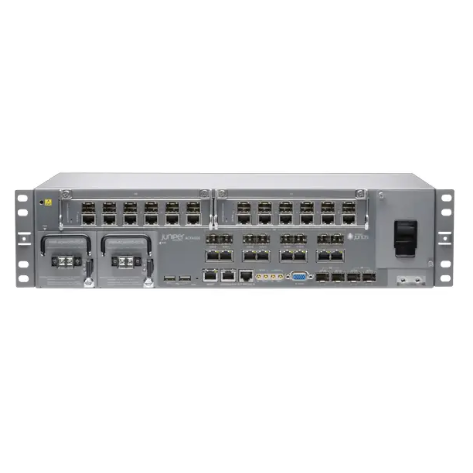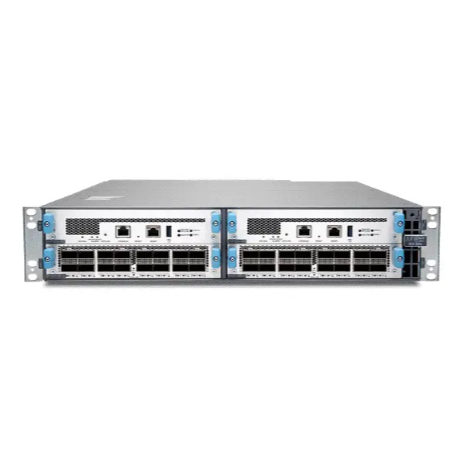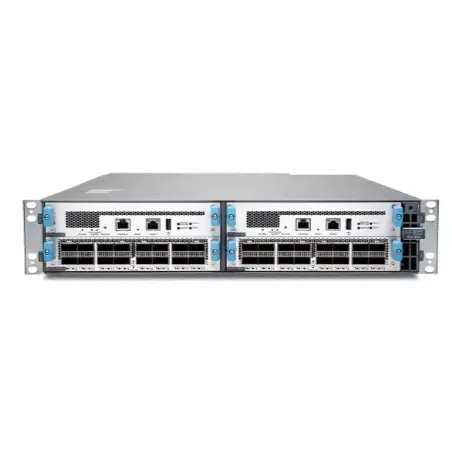The role of smart routers in remote work and learning
In an era where remote work and online learning have become the norm, the importance of reliable and efficient Internet connections cannot be overstated. Smart Routers are at the heart of this connection, changing the way we access the Internet and interact with technology. Smart routers are not just an upgrade to traditional routers, but also an essential tool for improving remote work efficiency and learning experience.
Smart routers are equipped with advanced features that optimize internet performance, making them ideal for remote work and learning. One of the most notable benefits of smart routers is the ability to manage multiple devices simultaneously. In a typical home or office, numerous devices such as laptops, tablets, smartphones, and smart home devices are connected to the internet. Smart routers utilize technologies such as Quality of Service (QoS) to prioritize bandwidth allocation, ensuring that critical applications such as video conferencing and online classes receive the necessary speed and stability. This prioritization minimizes delays and interruptions that can adversely affect important meetings or lectures.

Additionally, smart routers are often equipped with enhanced security features, which are essential for remote work and learning. As cyber threats increase, protecting sensitive information has become a top priority for individuals and organizations. Smart routers often include built-in Firewalls, VPN support, and automatic firmware updates to help protect against potential vulnerabilities. This level of security is especially important for remote workers who may be accessing confidential company data or students taking online assessments.
Another key feature of a smart router is its ability to provide wide coverage and eliminate dead spots. Many smart routers use mesh networking technology, which allows multiple devices to work together to create a seamless Wi-Fi network throughout your home or office. This is especially beneficial for remote workers and students, who may need to move around when attending virtual meetings or classes. With a strong and stable internet connection, users can participate more effectively, whether they are in their home office, living room, or outside in the garden.
Additionally, smart routers often come with user-friendly mobile apps that allow users to easily monitor and manage their networks. These apps can provide insights into device usage, network performance, and even parental controls, making it easier for families to manage internet access during remote learning. For example, parents can set time limits on device usage or pause internet access during study time to ensure their children are focused on their learning activities.

The integration of smart routers with smart home technology has further enhanced their role in remote work and learning. Many smart routers can be connected with other smart devices (such as smart speakers and security cameras) to build a cohesive ecosystem and simplify daily tasks. For example, smart speakers can be used to control routers, allowing users to adjust settings or solve problems through voice commands, making technology more accessible to the public.
All in all, smart routers play a key role in facilitating remote work and learning by providing reliable connectivity, enhanced security, and user-friendly management tools. As the demand for remote solutions continues to grow, investing in a smart router is more than just a technology upgrade, it is a necessary step to ensure productivity and success in a digital-first world. With its advanced features and functionality, smart routers are truly the backbone of modern remote work and learning environments.













